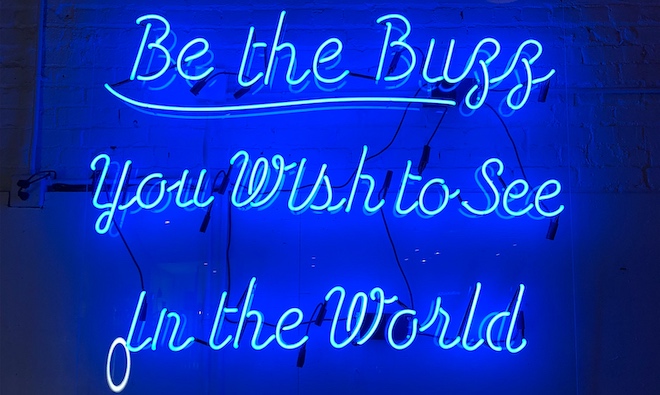We know mentors offer guidance and sponsors sing our praises – so what’s a cheerleader, and why do we need them?
What is a cheerleader?
‘A cheerleader is someone who is going to give you confidence by reinforcing all the things that you’ve achieved and that you’re good at, and then amplifying that to the wider workplace,’ says Karen Gill MBE, co-founder of everywoman.
It’s a similar relationship to a sponsor/mentor, but less formalised. Cheerleaders come about when people just ‘get’ each other, Gill explains, coming ‘from a place of empathy, understanding and wanting you to succeed, and you can’t formalise that.’
Why do we need cheerleaders?
We know that for women to be successful – in business and beyond – their work needs to be recognised. However, self-promotion doesn’t come easily. One study* found that women ‘cling to an outmoded assumption that their achievements will speak for themselves,’ while career change coach Alice Stapleton believes, ‘women often hold back from verbalising their goals to their employers, but it’s hard to get what you want if you don’t ask for it.’
Kim Palmer, CEO of women’s wellness app, Clementine, agrees. ‘Women really struggle to do their own PR, especially in the workplace, because they don’t like to “show off”’, she says. ‘So to have a cheerleader do that for you is amazing.’
As well as amplify your achievements, cheerleaders remind you of your worth – something that, as head of marketing and communications Gina Hutchings explains, is vital to getting the best from your team.
‘It’s important to champion those around you, because after a while people say, “No one’s going to know about it, so what’s the point?”’
How do you get a workplace cheerleader?
You don’t find a cheerleader – you become one. The concept is based on a pay-it-forward mindset: everyone champions those around them, thereby improving the working landscape for all.
‘We’re not used to praising ourselves, so praising other people is quite a hard thing to do at first,’ says Palmer. ‘But once you get into the habit, it not only benefits the other person but makes you feel really good.’
Stapleton agrees. ‘It can be incredibly rewarding being a cheerleader, seeing individuals progress and develop with your help and support. Deep down, we all have an altruistic nature, which being a cheerleader really nurtures.’
How do you become a cheerleader?
Cheerleading is about actively and openly championing others’ work, however that best suits.
‘At one job I had, we had an internal employee competition and I would make sure that every month I recommend someone,’ says Palmer. ‘My business now is digital, so we pat each other’s back as much as we can on social media.’ ‘We want more women to cheerlead for other women specifically,’ says Gill. ‘So look around your workplace and at friends, friends’ daughters, etc and think, “Who do I really admire? I’m going to make sure people know about her”.’
* http://www.womenofinfluence.ca/wp-content/uploads/2017/09/Women-of-Influence-WhitePaper-2014.pdf





